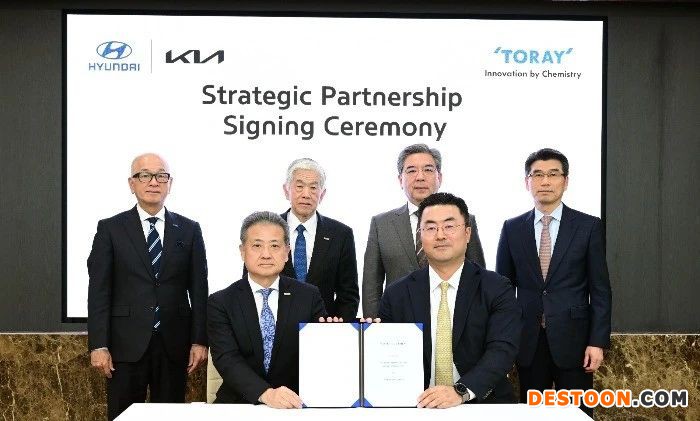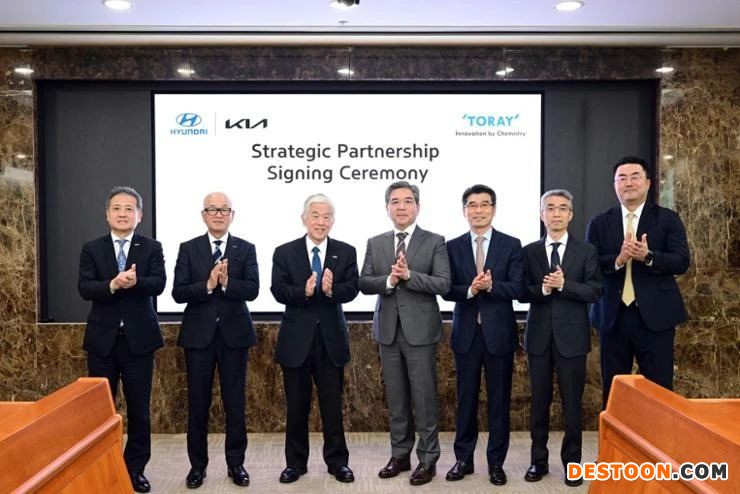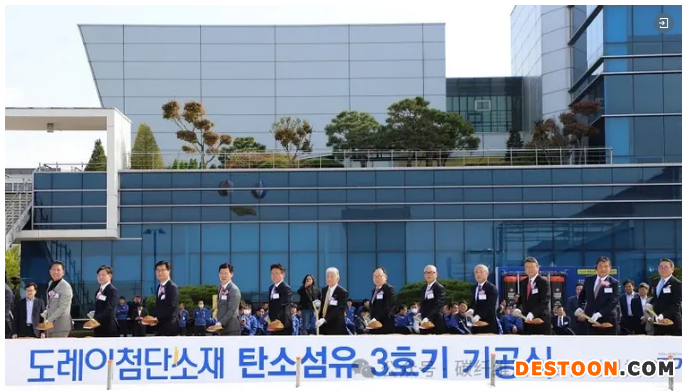

inktype="text" imgurl="" imgdata="null" tab="innerlink" data-linktype="2" style="font-family: -apple-system-font, BlinkMacSystemFont, "Helvetica Neue", "PingFang SC", "Hiragino Sans GB", "Microsoft YaHei UI", "Microsoft YaHei", Arial, sans-serif; font-size: 17px; letter-spacing: 0.544px; margin: 0px; padding: 0px; outline: 0px; text-decoration-line: none; -webkit-tap-highlight-color: rgba(0, 0, 0, 0); -webkit-user-drag: none; cursor: pointer; max-width: 100%; box-sizing: border-box !important; overflow-wrap: break-word !important;">
inktype="text" imgurl="" imgdata="null" tab="innerlink" data-linktype="2" style="margin: 0px; padding: 0px; outline: 0px; text-decoration-line: none; -webkit-tap-highlight-color: rgba(0, 0, 0, 0); -webkit-user-drag: none; cursor: pointer; max-width: 100%; box-sizing: border-box !important; overflow-wrap: break-word !important;">在此之前,TAK公司于2011年破土动工建设其位于韩国的第一家碳纤维工厂,首次在韩国开启了碳纤维的大规模生产时代。目前TAK具备高性能碳纤维的年生产能力为4700吨,而第三条生产线通过扩建3300吨产能,将使TAK年生产能力提高到8000吨/年(阅读原文)。
现代汽车集团相关人士表示:“通过此次合作,我们将继续在未来的交通行业发挥主导作用,不仅在电动化和软件驱动汽车领域,而且也在材料领域发挥作用。”











